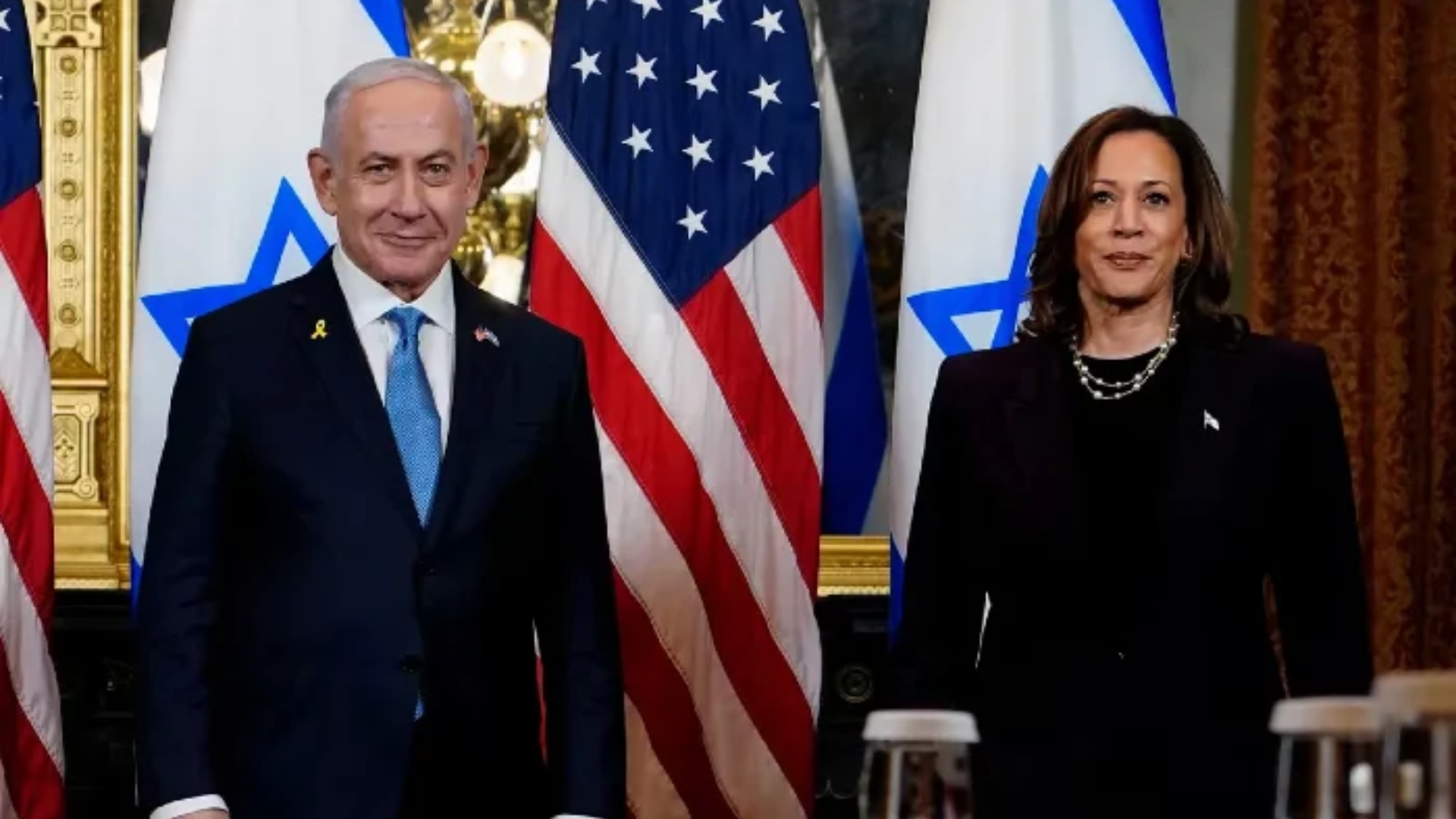The BRICS ministers of Foreign Affairs convened in Russia’s Nizhny Novgorod on Monday to discuss various matters, including the crucial topic of increasing the use of local currencies in trade and financial transactions among BRICS member countries.
During the meeting, the ministers emphasized the need for comprehensive reform of the global financial architecture. They recalled paragraph 45 of the Johannesburg II Declaration, which tasked BRICS Finance Ministers and Central Bank Governors to consider the issue of local currencies, payment instruments, and platforms, and report back to BRICS leaders.
The ministers reiterated the demand made at COP27 to ensure that reforms of international financial institutions prioritize expanding the scope of financing and facilitating easier access to resources. They anticipated significant outcomes from the 2025 International Bank for Reconstruction and Development shareholder review.
The Joint Statement released by India’s Ministry of External Affairs (MEA) highlighted the ministers’ support for a robust Global Financial Safety Net with a strong, quota-based, and adequately resourced International Monetary Fund (IMF). They also called for continuing the process of IMF governance reform, including creating a new quota formula reflecting the economic size of its membership during the overall review of quotas.
In accordance with the Sharm El-Sheikh Action Plan of COP27, the ministers stressed the need to reform the policies and practices of multilateral development banks (MDBs) to increase their lending capacities, thereby better assisting developing countries in financing their development needs and enhancing their climate action efforts.
India was represented at the BRICS Foreign Ministers’ Meeting by Dammu Ravi, Secretary (Economic Relations) at the MEA. This marked the first major foreign policy assignment for India under Prime Minister Narendra Modi’s historic third consecutive term.
The ministers encouraged the New Development Bank (NDB) to adhere to the member-led and demand-driven principle, employ innovative financing mechanisms, and mobilize financing from diversified sources. They also emphasized the importance of capacity building, knowledge exchange, and efficiency improvements to help member countries achieve the Sustainable Development Goals (SDGs).
The ministers agreed to develop the NDB into a modern multilateral development bank of the 21st century, urging it to execute its purpose and functions fairly. They expressed support for further expansion of the NDB membership and early consideration of applications from BRICS member countries.
Additionally, the ministers promoted energy cooperation among BRICS countries, advocating for resilient global supply chains to ensure universal access to affordable, reliable, sustainable, and modern energy sources.
The ministers also addressed the situation in and around Ukraine, expressing their national positions as conveyed in relevant forums such as the UN Security Council and UN General Assembly. They appreciated proposals for mediation and peaceful resolution of the conflict through dialogue and diplomacy.
Expressing serious concern over ongoing conflicts in the Middle East and North Africa (MENA) region, the ministers noted the Joint Statement by BRICS Deputy Foreign Ministers and Special Envoys from their meeting on April 25, 2024.
Russian Foreign Minister Sergey Lavrov opened the BRICS Ministerial with a minute of silence in memory of the deceased former Iranian President Ebrahim Raisi and Iranian Foreign Minister Hossein Amir-Abdollahian, offering condolences to the people of Iran and the victims’ families.
This meeting marked the first gathering of foreign ministers since the expansion of BRICS in 2023, with new members Egypt, Iran, UAE, Saudi Arabia, and Ethiopia joining the original members Brazil, Russia, India, China, and South Africa. Russia assumed the BRICS chairmanship on January 1, 2024.
















